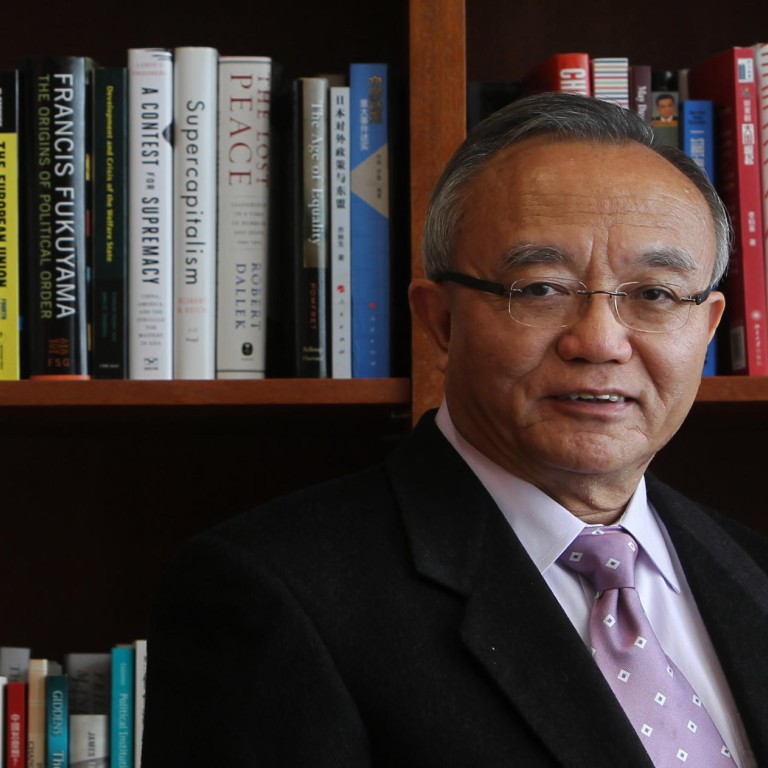
Beijing failed HK administrations on patriotism, says ex-think tank chief
Think tank chief says Tung, Tsang fell short of central government's expectations on patriotism
The administrations of Tung Chee-hwa and Donald Tsang Yam-kuen never fully responded to Beijing's call to groom "patriotic forces" in Hong Kong, a former top government adviser says.
In his new book, Professor Lau Siu-kai writes that there were few Hong Kong officials who fully understood Beijing's policies towards the city and the legislative intent of the Basic Law.
"As a result, the Hong Kong government did not fully govern in accordance with Beijing's policy towards Hong Kong," Lau said. "At times, the central government complained in private about the work of the Hong Kong government."
Lau says that the central and Hong Kong governments held different views on the key question of "who were friends and foes?"
"The central government never trusted the opposition force but the Tsang administration initially attempted to win them over to boost its popularity," he said.
Lau, who stepped down in June after a decade as chief of the Central Policy Unit, the government's main think-tank, said the central government wanted to groom "patriotic forces" in Hong Kong but neither the Tung or Tsang administrations fully responded to Beijing's call.
"Given the discrepancy in analysing the political situation and political strategy, it was unavoidable that the central and Hong Kong governments faced difficulties co-operating on the political front," Lau writes.
He notes that the Hong Kong government had not taken the lead in safeguarding the central government's authority because it feared criticism that it proactively invited Beijing's interference in Hong Kong.
In February 2010, the State Council's Hong Kong and Macau Affairs Office issued a statement saying that any "so-called referendum" - a reference to by-elections triggered by the resignations of five pan-democrat lawmakers - would be inconsistent with the city's legal status and a blatant challenge to the Basic Law and the central government's authority.
"But the Hong Kong government said only that there was no legal ground for bannning the 'de facto referendum' and did not touch on the central government's solemn position," Lau said. "The central government was visibly dissatisfied with the Hong Kong government on this issue."
Lau, who is now an emeritus professor of sociology at Chinese University, said that the Hong Kong government had asked the central government in recent years to come up with measures to improve cross-border economic co-operation.
"But from the viewpoint of some mainland officials, these proposals were put forward only from the angle of Hong Kong interests and did not take into account the risks for the country," Lau said.

